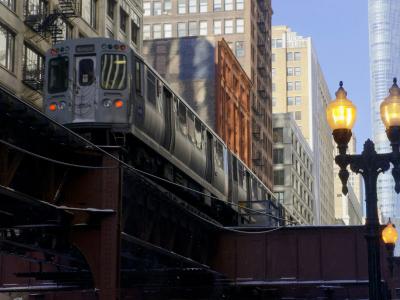-
State Data Overview
Across Louisiana, there is a shortage of rental homes affordable and available to extremely low income households (ELI), whose incomes are at or below the poverty guideline or 30% of their area median income (AMI). Many of these households are severely cost burdened, spending more than half of their income on housing. Severely cost burdened poor households are more likely than other renters to sacrifice other necessities like healthy food and healthcare to pay the rent, and to experience unstable housing situations like evictions.
KeyFacts184,085Or32%Renter households that are extremely low income-106,037Shortage of rental homes affordable and available for extremely low income renters$30,000Average income limit for 4-person extremely low income household$47,581Annual household income needed to afford a two-bedroom rental home at HUD's Fair Market Rent.73%Percent of extremely low income renter households with severe cost burden -
State Level Partners
NLIHC Housing Advocacy Organizer

Kenza Idrissi Janati
State PartnersHousingLOUISIANA
4640 South Carrolton Avenue, Suite 160
New Orleans, LA 701190
P (504) 224-8300Andreanecia Morris
[email protected]Become an NLIHC State Partner
NLIHC’s affiliation with our state coalition partners is central to our advocacy efforts. Although our partners' involvement varies, they are all housing and homeless advocacy organizations engaged at the state and federal level. Many are traditional coalitions with a range of members; others are local organizations that serve more informally as NLIHC's point of contact.
Inquire about becoming a state partner by contacting [email protected]

-
Housing Trust FundHTF Implementation Information
NLIHC continues working with leaders in each state and the District of Columbia who will mobilize advocates in support of HTF allocation plans that benefit ELI renters to the greatest extent possible. Please contact the point person coordinating with NLIHC in your state (below) to find out about the public participation process and how you can be involved.
Current Year HTF Allocation$8,901,548
HTF State Resources2018
Fall HTF/HOME NOFA (PDF)
Annual Action Plan with HTF Allocation Plan on page 107 (PDF)
2017
HTF Allocation Plan (PDF)
2018 Fall HTF/HOME NOFA (PDF)
2016
HUD-Approved HTF Allocation Plan (PDF)
Draft HTF Allocation Plan by Louisiana Housing Corporation (PDF)
Louisiana-specific model HTF Allocation plan by NLIHC (PDF)
Recording of Louisiana-specific Allocation Plan advocacy webinar presented by NLIHC on April 14 (WMV)
Slides from Louisiana-specific Allocation Plan advocacy webinar presented by NLIHC on April 14 (PDF)
State Designated EntityKevin Delahoussaye
Executive Director
Louisiana Housing Corporation
225-763-8898
[email protected]Official Directly Involved with HTF ImplementationBrenda Evans
Chief Operating Officer
225-763-8852
[email protected]
Barry Brooks
Assistant to the Executive Director
225-763-8773
[email protected]
Wendy Hall
Housing Development Administrator
225-763-8647
[email protected]State Entity Webpage
Louisiana Housing CorporationNHTF-specific page
National Housing Trust Fund
Annual Action Plans with Annual Action Plan -
ResourcesResources
Housing Profiles
State Housing Profile
State Housing Profile: Louisiana (PDF)
Congressional District Housing Profile
Congressional District Profile: Louisiana (PDF)
Research and Data
National Housing Preservation Database
The National Housing Preservation Database is an address-level inventory of federally assisted rental housing in the United States.
Out of Reach: The High Cost of Housing
Out of Reach documents the gap between renters’ wages and the cost of rental housing. In Louisiana and Nationwide
The Gap: A Shortage of Affordable Rental Homes
The Gap represents data on the affordable housing supply and housing cost burdens at the national, state, and metropolitan levels. In Louisiana and Nationwide
Explore Other States
